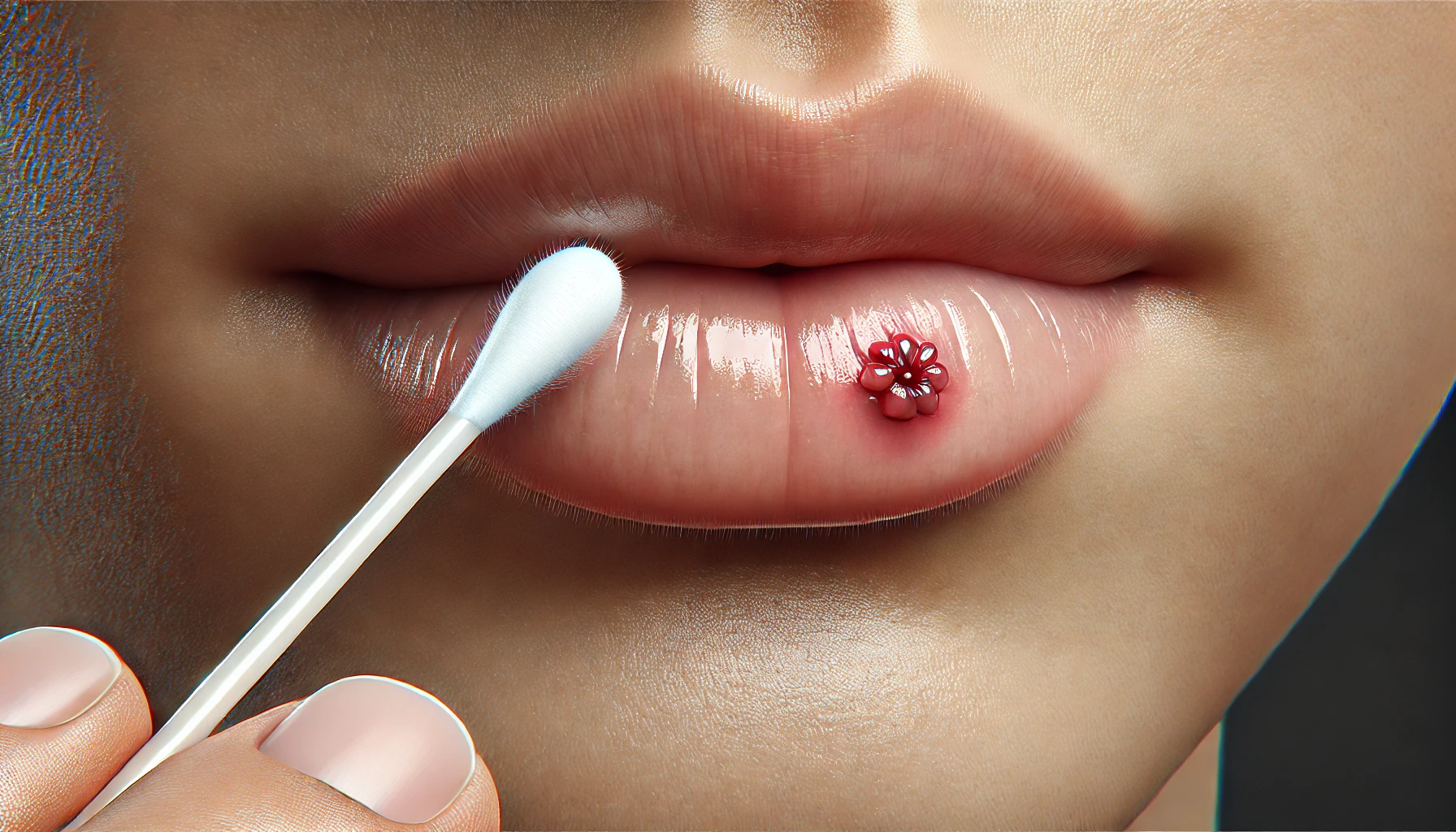Check out this answer from Consensus:
Cold sores can be effectively managed with a variety of treatments. Medical-grade honey and kanuka honey offer natural alternatives that have been shown to reduce healing time and alleviate symptoms. Antiviral nanoemulsions like NB-001 provide a new, effective topical treatment option. Traditional antiviral medications, such as valacyclovir, remain a reliable choice, especially when used in high doses for short durations. Patients should consult with their healthcare providers to determine the best treatment option for their specific needs.
Cold sores, also known as herpes simplex labialis, are painful blisters caused by the herpes simplex virus (HSV). They can be unsightly and cause significant discomfort. Fortunately, there are several treatments available that can help reduce the duration and severity of cold sores. This article will explore various methods to get rid of cold sores, including medical-grade honey, antiviral nanoemulsions, and traditional antiviral medications.
Medical-Grade Honey
Medical-grade honey (MGH) has shown promising results in treating cold sores. A clinical study investigated the efficacy of an MGH-based formulation (L-Mesitran Soft) in patients with recurrent cold sores. The study found that MGH significantly reduced the healing time of cold sores compared to conventional treatments. Patients treated with MGH experienced faster healing, less pain, and reduced itching. Remarkably, 100% of the patients preferred MGH over their conventional treatments and expressed willingness to use it again for future cold sores1.
Antiviral Nanoemulsions
A novel topical antiviral nanoemulsion, NB-001, has been developed to improve the treatment of cold sores. This nanoemulsion has high tissue bioavailability, which enhances its effectiveness. In a study involving 482 subjects, those treated with 0.3% NB-001 showed a significant improvement in healing time compared to a vehicle control. The nanoemulsion was well-tolerated, with no significant safety concerns or dermal irritation reported. This treatment offers a promising alternative to traditional topical therapies, providing a more effective solution for recurrent cold sores2.
Traditional Antiviral Medications
Oral antiviral medications, such as valacyclovir and acyclovir, are commonly used to treat cold sores. Valacyclovir, in particular, has been shown to be effective when administered in high doses for a short duration. Two randomized, placebo-controlled studies demonstrated that a 1-day treatment regimen of valacyclovir significantly reduced the duration of cold sore episodes and alleviated pain and discomfort. This regimen offers a convenient and effective option for patients6.
Kanuka Honey
Kanuka honey, another type of medical-grade honey, has also been studied for its effectiveness in treating cold sores. A randomized controlled trial compared the use of kanuka honey to 5% acyclovir cream. The study found that kanuka honey was highly acceptable to patients and had a similar healing time to acyclovir. This suggests that kanuka honey could be a viable alternative treatment for cold sores, especially for those seeking natural remedies7 8.
